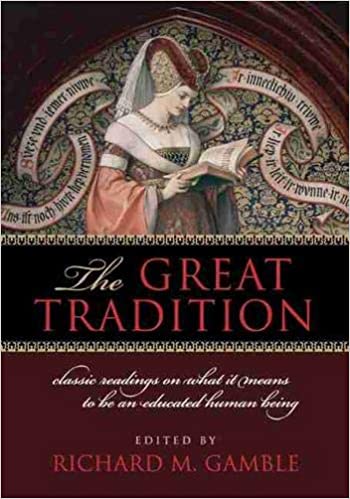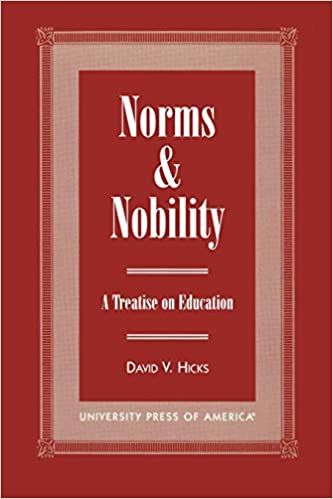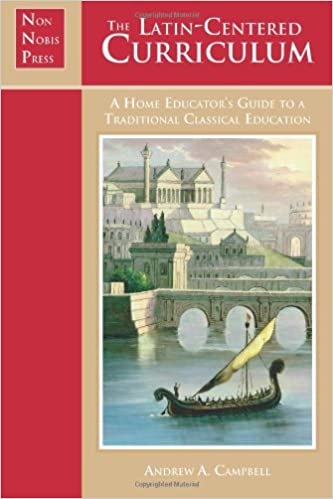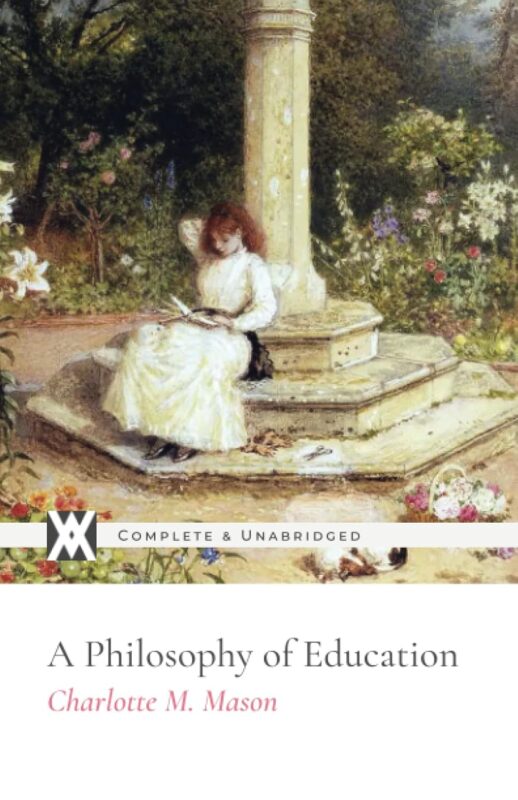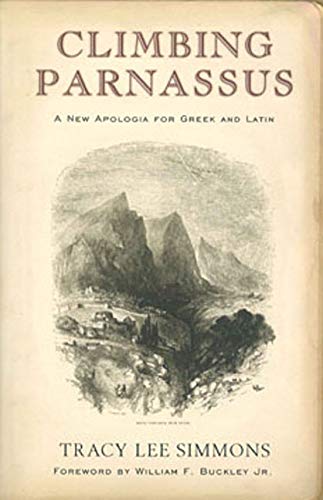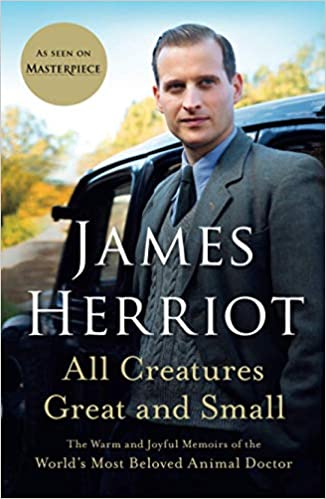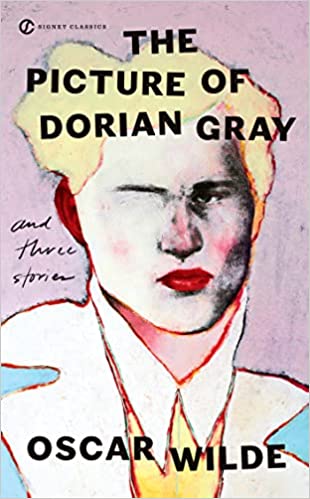The Great Tradition: Classic Readings on What It Means to Be an Educated Human Being
Frustrated with the continuing educational crisis of our time, concerned parents, teachers, and students sense that true reform requires more than innovative classroom technology, standardized tests, or skills training. An older tradition—the Great Tradition—of education in the West is waiting to be heard. Since antiquity, the Great Tradition has defined education first and foremost as the hard work of rightly ordering the human soul, helping it to love what it ought to love, and helping it to know itself and its maker. In the classical and Christian tradition, the formation of the soul in wisdom, virtue, and eloquence took precedence over all else, including instrumental training aimed at the inculcation of "useful" knowledge.
Edited by historian Richard Gamble, this anthology reconstructs a centuries-long conversation about the goals, conditions, and ultimate value of true education. Spanning more than two millennia, from the ancient Greeks to contemporary writers, it includes substantial excerpts from more than sixty seminal writings on education. Represented here are the wisdom and insight of such figures as Xenophon, Plato, Aristotle, Seneca, Cicero, Basil, Augustine, Hugh of St. Victor, Bonaventure, Thomas Aquinas, Martin Luther, John Calvin, Erasmus, Edmund Burke, John Henry Newman, Thomas Arnold, Albert Jay Nock, Dorothy Sayers, C. S. Lewis, and Eric Voegelin.
More info →The Didascalicon of Hugh of Saint Victor: A Guide to the Arts
The Liberal Arts Tradition: A Philosophy of Christian Classical Education (Revised Edition)
The Liberal Arts Tradition: A Philosophy of Christian Classical Education introduces readers to a paradigm for understanding a classical education that transcends the familiar 3-stage pattern of grammar, logic, and rhetoric. Instead, this book describes the liberal arts as a central part of a larger and more robust paradigm of classical education that should consist of piety, gymnastic, music, liberal arts, philosophy, and theology. The Liberal Arts Tradition also recovers the means by which classical educators developed more than just intellectual virtue (by means of the 7 liberal arts) but holistically cultivated the mind, body, will, and affections. This is a must-read for educators who want to take a second big step toward recovering the tradition of classical education.
More info →Norms and Nobility: A Treatise on Education
A reissue of a classic text, Norms and Nobility is a provocative reappraisal of classical education that offers a workable program for contemporary school reform. David Hicks contends that the classical tradition promotes a spirit of inquiry that is concerned with the development of style and conscience, which makes it an effective and meaningful form of education. Dismissing notions that classical education is elitist and irrelevant, Hicks argues that the classical tradition can meet the needs of our increasingly technological society as well as serve as a feasible model for mass education.
More info →The Latin-Centered Curriculum
From Cicero to C. S. Lewis, from Thomas Aquinas to Thomas Jefferson, the great minds of the West have been formed by a classical curriculum centered on Latin and Greek. Now you can give your children a traditional classical education at home with The Latin-Centered Curriculum. In a clear and readable introduction, The Latin Centered Curriculum surveys the history of classical education from the ancient Greeks through the 20th-century neoclassical revival. He demonstrates the central position of Latin in the traditional course of study and outlines the many benefits of placing the classical languages at the heart of the curriculum. Then he shares with you the secret of a superior education: multum non multa- not quantity, but quality. With helpful charts and detailed explanations, The Latin-Centered Curriculum guides you step by step with book and curriculum recommendations for each school subject from K-12. It shows you how focusing a few core disciplines-classical languages, mathematics, and composition-can revolutionize your home school. The best education is simple but deep.
More info →Charlotte Mason’s Philosophy of Education (Book 6 of the Home Education Series)
This edition of Charlotte Mason’s Home Education Series is presented complete and unabridged, retaining the pagination of the original to make research and referencing easy. All the books have been fully transcribed and formatted using a clean and easy-to-read font so that there’s no excuse not to read these revolutionary works.Written shortly before her death, A Philosophy of Education represents Charlotte Mason’s final thoughts after a lifetime spent thinking on education. Containing the final version of the 20 principles on which her method is based this book is a great place to start for parents of older children.
More info →Climbing Parnassus
In Climbing Parnassus, winner of the 2005 Paideia Prize, Tracy Lee Simmons presents a defense and vindication of the formative power of Greek and Latin. His persuasive witness to the unique, now all-but-forgotten advantages of study in and of the classical languages constitutes a bracing reminder of the genuine aims of a truly liberal education.
More info →All Creatures Great and Small
Delve into the magical, unforgettable world of James Herriot, the world's most beloved veterinarian, and his menagerie of heartwarming, funny, and tragic animal patients.
For fifty years, generations of readers have flocked to Herriot's marvelous tales, deep love of life, and extraordinary storytelling abilities. For decades, Herriot roamed the remote, beautiful Yorkshire Dales, treating every patient that came his way from smallest to largest, and observing animals and humans alike with his keen, loving eye.
In All Creatures Great and Small, we meet the young Herriot as he takes up his calling and discovers that the realities of veterinary practice in rural Yorkshire are very different from the sterile setting of veterinary school.
James Herriot's memoirs have sold 80 million copies worldwide, and continue to delight and entertain readers of all ages.
More info →The Rule of Saint Augustine: with Commentary by Hugh of St. Victor
The Rule of Saint Augustine, written Augustine of Hippo (354-430), is a brief document which served as a guide for the servants of God. It is the oldest monastic rule in the Western Church. The Rule addresses chastity, poverty, obedience, worldliness, labor, hierarchy, charity, prayer, fasting and abstinence, care of the sick, silence and host of other questions. It came into use on a wide scale from the twelfth century onwards and continues to be employed today by many orders, including the Dominicans, Servites, Mercederians, Norbertines, and Augustinians.
The Commentary, traditionally attributed to Hugh of St. Victor (c.1096 –1141), offers a wealth of insight on this important document. This edition was translated from the original Latin by Dom Aloysius Smith and formatted for publication by Chaucer House Press.
More info →Beauty for Truth’s Sake: On the Re-enchantment of Education
Based in the riches of Christian worship and tradition, this brief, eloquently written introduction to Christian thinking and worldview helps readers put back together again faith and reason, truth and beauty, and the fragmented academic disciplines. By reclaiming the classic liberal arts and viewing disciplines such as science and mathematics through a poetic lens, the author explains that unity is present within diversity. Now repackaged with a new foreword by Ken Myers, this book will continue to benefit parents, homeschoolers, lifelong learners, Christian students, and readers interested in the history of ideas.
More info →The Picture of Dorian Gray
The Picture of Dorian Gray, Oscar Wilde’s only full-length novel, is the enduringly eerie story of a naïve and irresistible young man lured by decadent Lord Henry Wotton into a life of depravity. Though Dorian is steeped in sin, his face remains perfect, unlined as years pass—while only his portrait, locked away, reveals the blackness of his soul. This timeless tale of Gothic horror and fable, reveling in the unabashed hedonism and cynical wit of its characters, epitomizes Wilde’s literary revolt against the proprieties of the Victorian era.
Sharing this volume with The Picture of Dorian Gray are Wilde’s clever and sophisticated story “Lord Arthur Savile’s Crime” and two of his delicate fairy tales, “The Happy Prince” and “The Birthday of the Infanta.”
More info →The Great Divorce
C.S. Lewis’ The Great Divorce is a classic Christian allegorical tale about a bus ride from hell to heaven. An extraordinary meditation upon good and evil, grace and judgment, Lewis’s revolutionary idea in the The Great Divorce is that the gates of Hell are locked from the inside. Using his extraordinary descriptive powers, Lewis’ The Great Divorce will change the way we think about good and evil.
More info →
